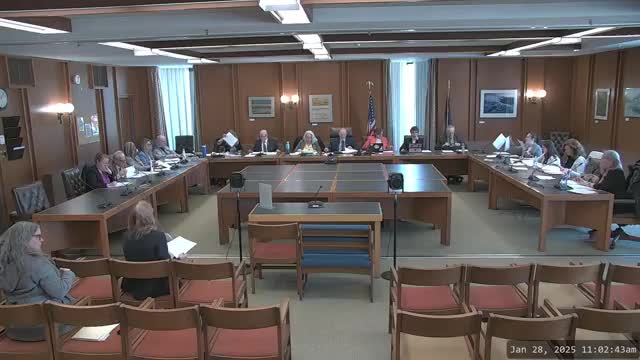Article not found
This article is no longer available. But don't worry—we've gathered other articles that discuss the same topic.
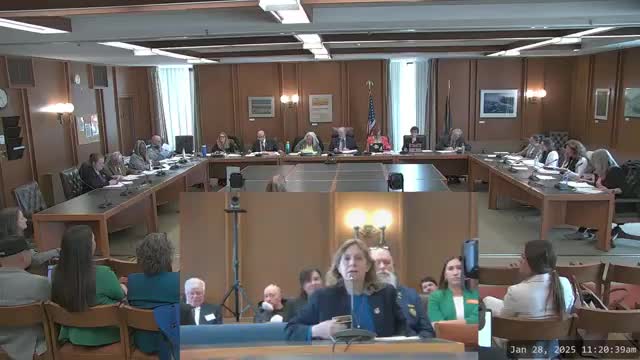
Bill to allow 17-year-old military exception to New Hampshire's marriage-age law draws widespread opposition
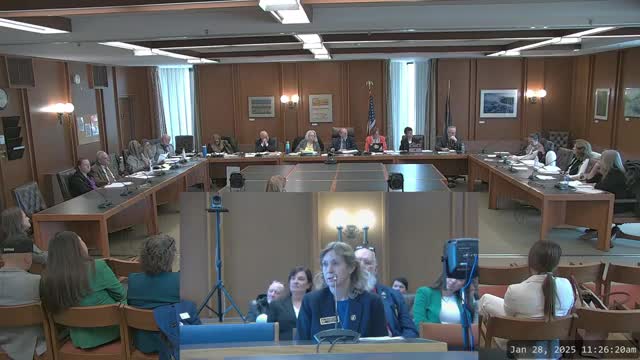
House bill to update abuse-and-neglect definitions draws broad debate over substance-exposure, psychological harm
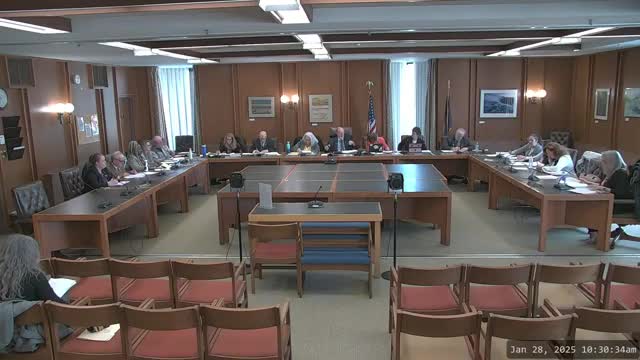
Committee votes ITL on bill that would largely eliminate alimony in no-fault divorces

Committee moves ITL on bill to let child-support payers claim child tax credit; concerns over fairness and low payments prevail
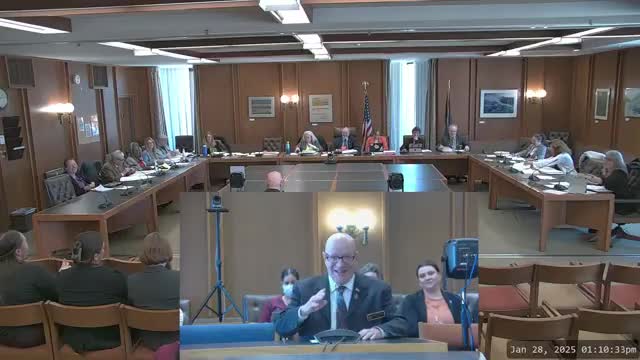
Committee approves foster-care oversight subcommittee to maintain attention on foster-parent concerns
